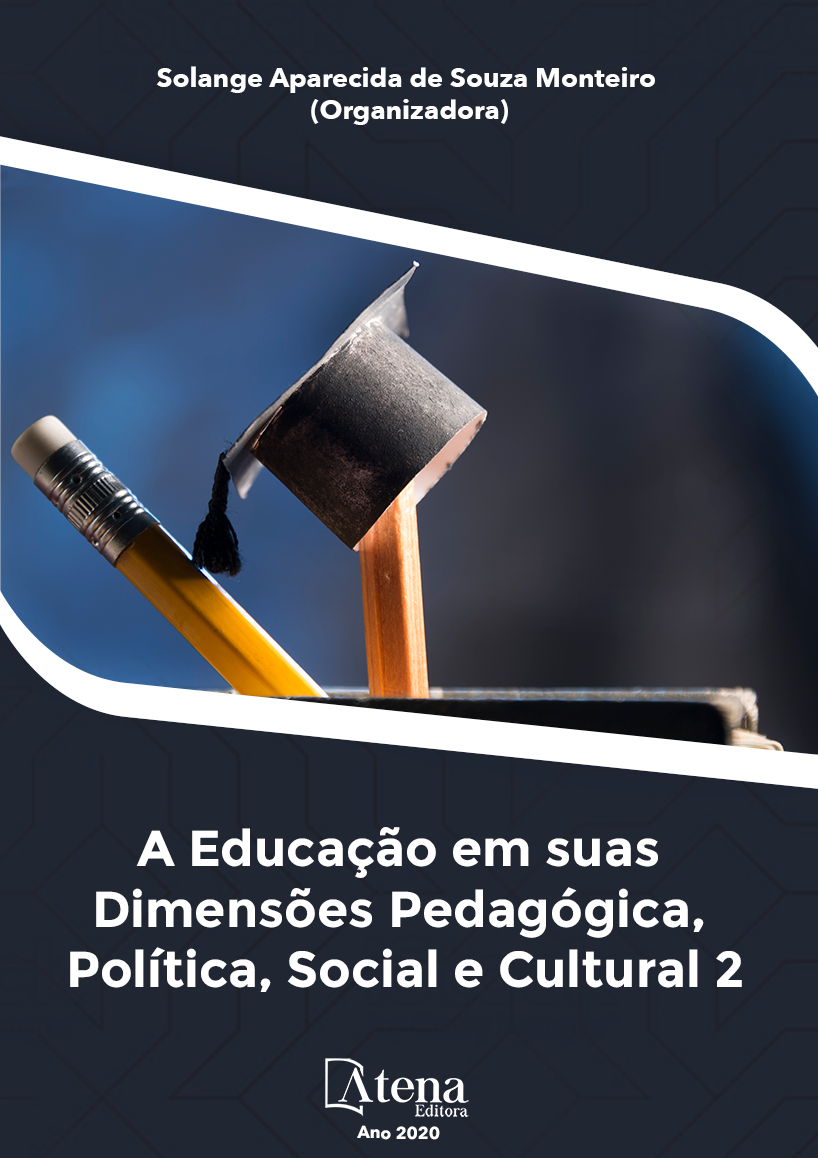
EDUCAÇÃO INCLUSIVA EM ESCOLAS ESTADUAIS DE MUNICÍPIOS QUE FAZEM PARTE DO CURIMATAÚ E SERIDÓ PARAIBANO
Este artigo vem explicitar as
principais ideias e expressões sobre as
análises e discussões dos dados coletados
nas Escolas Estaduais das respectivas
cidades: Baraúna, Cuité, Nova Floresta, Picuí
e Sossego, localizadas no Curimataú e Seridó
paraibano, com o objetivo de mostrar se as
mesmas implementam a educação inclusiva e
quais são as adaptações adequadas para que
a educação inclusiva funcione. Os envolvidos
na pesquisa foram os diretores e educadores
em geral. Desta forma, optou-se pela utilização
de questionários aplicados aos educadores e
entrevistas com os diretores de cada escola.
Os questionários continham seis questões
abertas. A pesquisa mostrou que a grande
dificuldade para incluir alunos com deficiência
ou transtornos globais do desenvolvimento está
ligada a estrutura familiar, a falta de preparo dos
professores e problemas na estrutura física das
escolas. Apesar de algumas escolas possuírem
salas de atendimento especializado, as
mesmas não tinham estrutura física adequada
para oferecer um suporte satisfatório. Por fim,
foi possível concluir que dentre as fragilidades
das escolas, que fizeram parte de nossa
amostra, no que diz respeito ao atendimento
aos alunos/as que convivem com deficiência
ou transtornos globais do desenvolvimento,
estão: salas de atendimento especializado
com estrutura inadequada; dificuldade de
implementação de leis que dão suporte aos
discentes, que convivem com necessidades
especiais, dificultando o ingresso bem como a
permanência no ambiente escolar.
EDUCAÇÃO INCLUSIVA EM ESCOLAS ESTADUAIS DE MUNICÍPIOS QUE FAZEM PARTE DO CURIMATAÚ E SERIDÓ PARAIBANO
-
DOI: 10.22533/at.ed.28320130217
-
Palavras-chave: Inclusão escolar. Leis. Acessibilidade escolar.
-
Keywords: School Inclusion. Laws. School Accessibility
-
Abstract:
This article explains the main
ideas and expressions about the analysis and
discussion of the data collected in the State
Schools of the respective cities: Baraúna, Cuité,
Nova Floresta, Picuí and Sossego, located
in Curimataú and Seridó Paraibano, with
the purpose of showing if they are the same.
implement inclusive education and what are the appropriate adaptations for inclusive
education to work. Those involved in the research were principals and educators in
general. Thus, we chose to use questionnaires applied to educators and interviews
with the principals of each school. The questionnaires contained six open questions.
Research has shown that the major difficulty in including students with disabilities or
global developmental disorders is linked to family structure, lack of teacher preparation
and problems in the physical structure of schools. Although some schools had
specialized attendance rooms, they did not have adequate physical structure to provide
satisfactory support. Finally, it was possible to conclude that among the weaknesses of
the schools, which were part of our sample, regarding the assistance to students who
live with disabilities or global developmental disabilities, are: specialized care rooms
with inadequate structure; difficulty in implementing laws that support students who
live with special needs, making it difficult to enter and stay in the school environment.
-
Número de páginas: 12
- Leonardo Lira de Brito
- Maria de Fátima Carvalho Costa
- Amanda Feliciano da Costa
- JUDCELY NYTYESKA DE MACEDO OLIVEIRA SILVA


